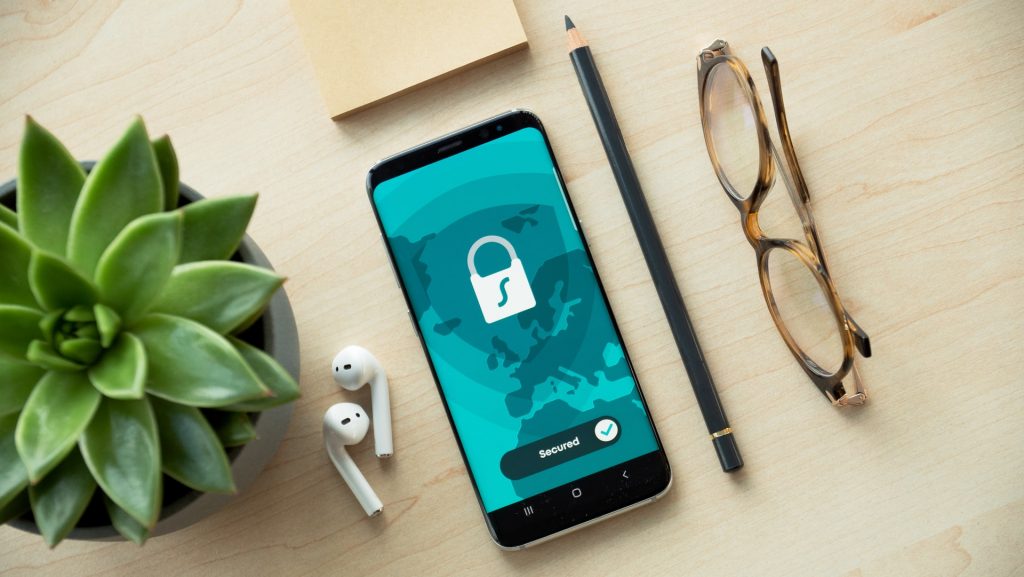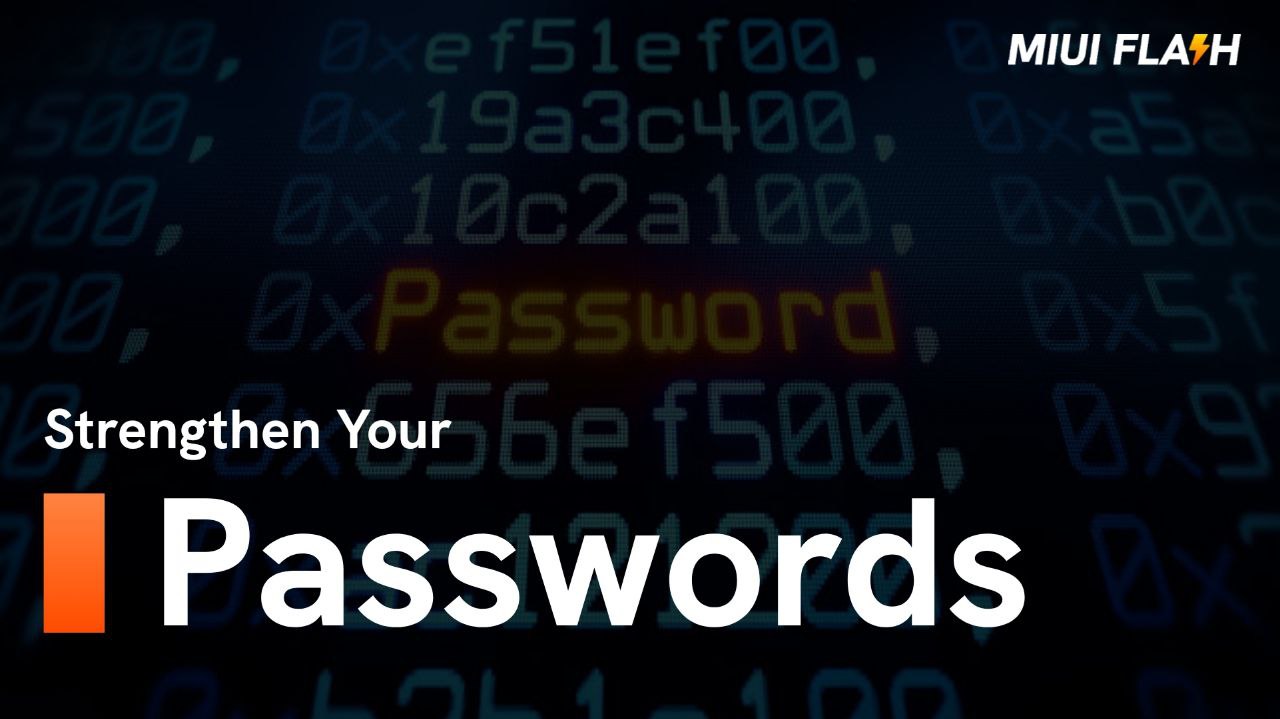Large-scale data breaches exposing thousands upon millions of records appear to be becoming all too regular these days. Anyone who has ever entered information into a web form should prioritise protecting their personal and corporate data.
Your Password could be vulnerable to everything from phishing assaults to full account takeover if you don’t take basic efforts to secure your data, such as login credentials (or even worse). A single data breach may cost a company upwards of $2.3 million (not to mention the costs associated with things like reputational damage), and individuals accounts risk losing personal finances, irreplaceable memories (like photos and videos), and more. Making sure your passwords follow best practises is one of the most fundamental methods to boost cybersecurity.

Employees can possibly be the weakest layer in your cybersecurity without sufficient cybersecurity awareness training (including password best practises), according to studies. Even the most modern cybersecurity solutions may not be adequate to protect your online accounts from weak passwords like “123456” if you don’t follow strong password best practises. Furthermore, brute-force attackers’ processing power is unfortunately improving every year.
This is why, in order to stay ahead of the capabilities of cyber thieves, businesses must keep up with ever-changing strong password best practises. We’ve collected a list of simple ways to strengthen your passwords to get you started on the road to greater cybersecurity.
Simple Password Strengthening Techniques
- Personal information should be avoided.
- Use A Password
- Consider using a password manager to create unique passwords for each account.
1. Don’t Give Out Personal Information
You certainly appreciate your pet, but honouring them in your passwords is unlikely to make them any more affectionate toward you. You get the idea. The same goes for your name, your spouse, your hometown, your college, or your favourite sports team. When compared to employing a stronger password, a cyber thief can easily locate and exploit that type of information using techniques like social engineering.
2. Make Use Of A Password
Remember when best practises for passwords merely meant adding a number or a special character to a long word? Cyber crooks demolished that method a long time ago, and for a variety of reasons, a single word password with an extra special letter or number no longer suffices.
A passphrase is simply a few words or even a complete sentence that you use as a password. Kelser Systems Engineer Myles Winiski offers some additional insight:
Sentences as passwords are both difficult to guess and easy to remember. If you need uppercase, numerals, or special characters, simply include them in the password.
Because the longer your password is, the more difficult it is to brute force, “iamafanofthegametetris” is a stronger password than “YgN5#t.”
It’s also beneficial to misspell words, as well as to include digits and special characters. “Iamafanofthagaim*45Tetris” would be an even stronger password.
3. Make each account’s password unique.
According to one study, the average user has only six unique passwords for 24 separate accounts. In that case, if one of that average user’s accounts was hacked due to a data breach or otherwise, three more of their accounts would be subject to compromise. By ensuring that each of your accounts has a unique password – and we don’t simply mean changing a single number or character – you can reduce the risk of your credentials being compromised in some way.
4. Make Use Of A Password Manager
If the possibility of the previous advice intimidates you, you might want to consider utilising a password manager. Password managers can not only store your passwords safely, but they can also generate strong passwords for you. This also eliminates the risk of passwords being scribbled on sticky notes affixed to monitors across your office, which is a major password (and security) no-no.
Also, don’t forget to safeguard your password manager with a strong master password, or all of your hard work and security will be for naught.
5. Think about enabling multi-factor authentication.
While multi-factor authentication (MFA) or two-factor authentication (2FA) does not make your password stronger, it does assist safeguard your accounts when used in conjunction with one. If a cyber criminal obtains your login credentials and password, for example, they will still require an extra code to log in. Depending on the service you’re entering into, these codes can be provided to you through phone, text, or an authentication app. If you’re thinking about enabling MFA for account security, check first.
Conclusion:
Though a powerful cybersecurity system is made up of several layers, each one should be as hardened as possible because you are only as strong as your weakest link. This is why it’s critical to ensure that your company follows strong password best practises. Even better, the strong password best practises you’re using at work may prompt you to upgrade your personal account passwords, making it a true win-win situation.
Check out Device Security for more.
Making strong passwords is one thing; protecting them is quite another. Did you know that phishing emails are used in around 91% of successful cyberattacks? If your staff are duped into surrendering their passwords to a cyber criminal, such strong passwords will be useless. With our no-cost simulated phishing test, you can see how powerful your “human firewall” is. It will demonstrate how well your firm would respond to a phishing assault without the negative consequences of a genuine one. If your company is based in Connecticut, Massachusetts, Rhode Island, or the surrounding area.

